Letter from the Editor: On the Undue Defamation of President Nguyen
The stress of midterm season and district budget crisis was exacerbated last week when an anonymous email shook the unity of the college community. The three page letter addressed to a group of “Fellow Faculty & Valued Colleagues” was sent en masse to a large group of Foothill College employees on Monday evening. By Tuesday afternoon, almost every employee of the college had been forwarded the email.
The message, written by self-proclaimed “Foothill Faculty (& Staff) [w]ho choose anonymity to thwart retaliation…[because we] are not all tenured” sharply criticised the leadership of recent college president Thuy Thi Nguyen — language within the letter directly accused her of being an “egotistical,” “narcissistic,” and lying leader with no experience and a self-promoting agenda.
In the midst of a severe budget crisis, tensions from constituency groups affected by plans to cut $10.4 million dollars of funding district-wide are high. Low enrollment has forced class cancellations — leaving drastic impacts on both faculty and students — and the Student Services and Instruction and Workforce departments are each preparing to house 40% of the required cuts.
In order to investigate the validity of concerns over the handling of budget negotiations mentioned in the email and learn more about college governance, I attended the next meeting of the Foothill Planning and Resource Council on February 21st. Nguyen ran through an extensive agenda addressing several topic concerns mentioned by the anonymous group.
While the defaming critique claimed that Foothill had not had a college-wide evaluation since the start of her presidency, Nguyen mentioned the success of the college’s recent evaluation which re-affirmed accreditation for seven years. The anonymous source asserted that a structure for program creation and regard for the College Governance Handbook had devolved into chaos, yet members of PaRC continued a long standing conversation on “Governance Redesign” to improve college organizational structures, efficiency, and representation. An outside council met to look over the first draft proposal to ensure fairness.
Most pointedly, the email suggested that budget planning had been spearheaded by Nguyen without consultation of the shared governance committee, but The PaRC meeting outlined dates for the third round of shared discussions on budget planning — open town-halls, retreats with various constituency groups, counsel meetings, and shared reviews are scheduled throughout the entirety of March and April. Students, employees, and PaRC members were encouraged to fill out an online survey to share concerns and hopes for budget negotiations.
Nguyen, during a short interview about the letter, stated, “my door is always open if people want to talk to me privately or have a meeting with me; I’m always open to hearing things…We want to hear voices, dissenting voices. I definitely want to hear it. It’s part of the way to make sure that our college community feels engaged and feels empowered, and that’s so important. ”
Dean Paul Starer praised the president’s course of action during the meeting, explaining that such a level of collaboration and opportunity to voice dissent was a drastically new approach for administration.
The ad-hominem attacks expressed in the anonymous letter are rich with inaccuracies and defamation. Though issues regarding class cancellations, inclusivity, transparency, tenure, and program funding are valid and worthy of further discussion, the nature of the public message is both libelous and lacking in nuance.
The Script, in striving to inform the college and local community, will continue to serve as a neutral party overseeing and investigating such accusations. In times of high tension, students, faculty, administrators, and staff can rely on The Script to serve as an independent check on both authority and undue disparagement.


















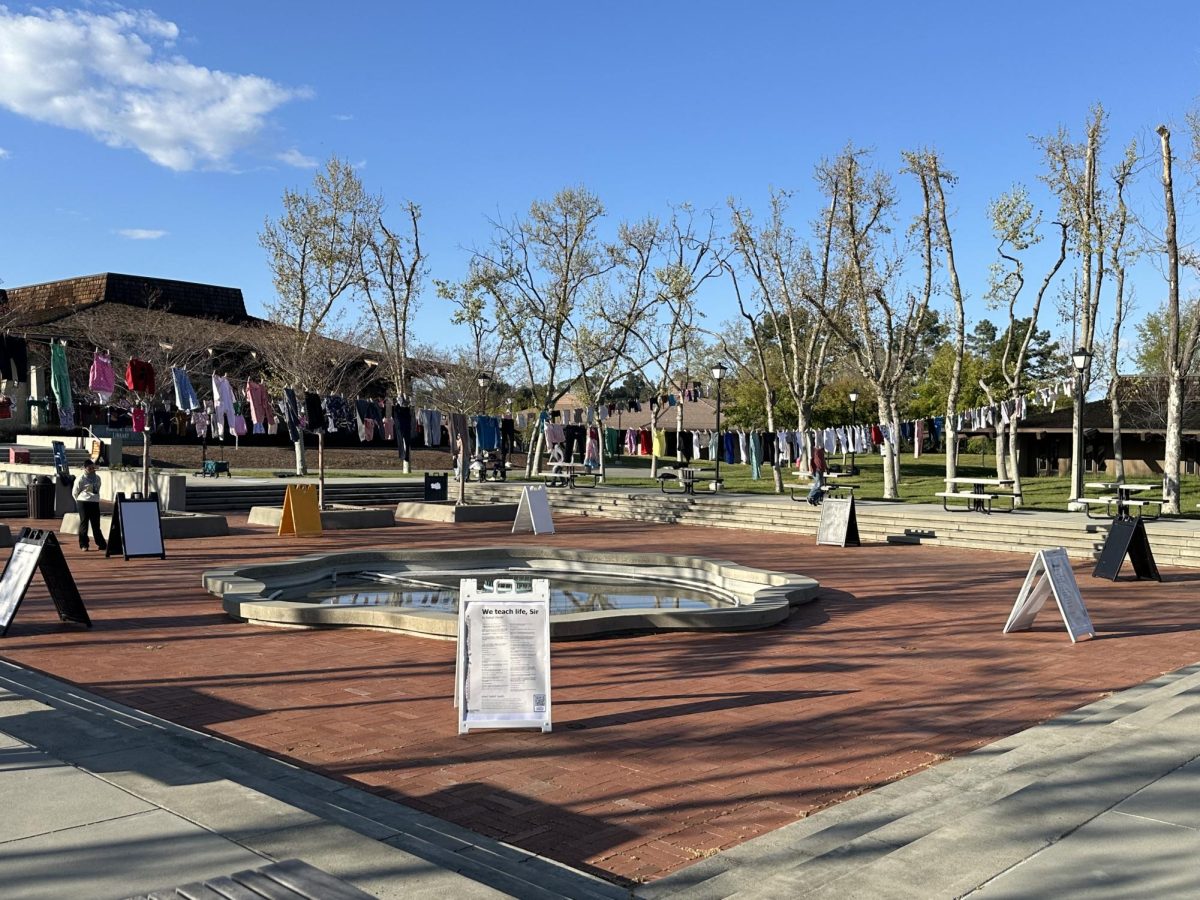







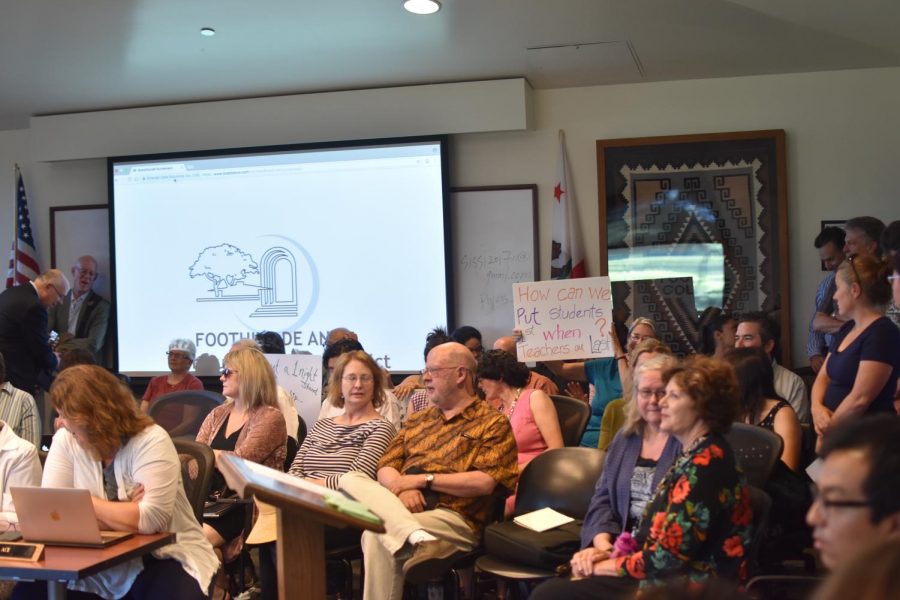


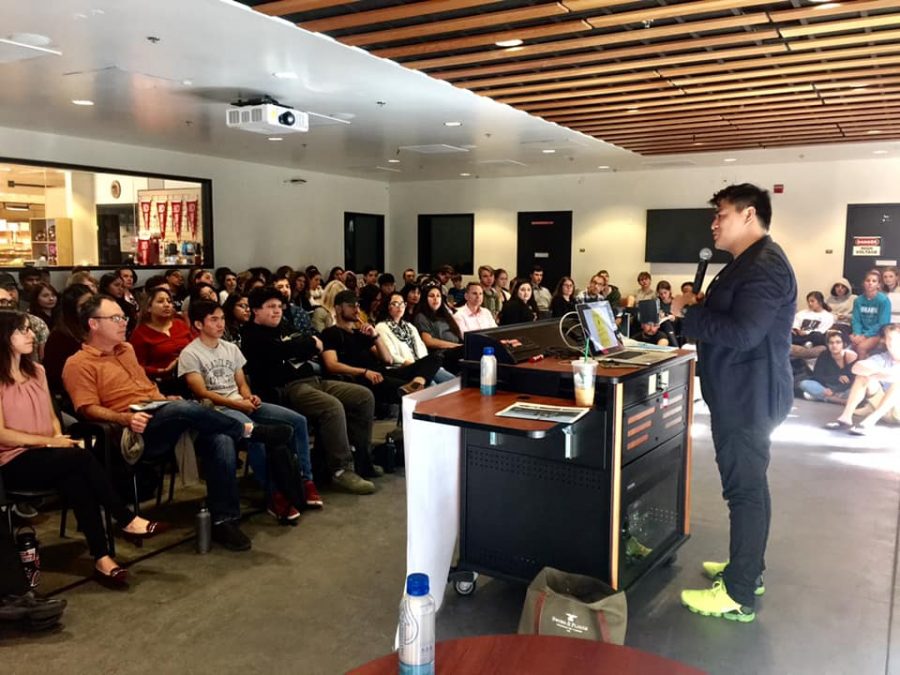


















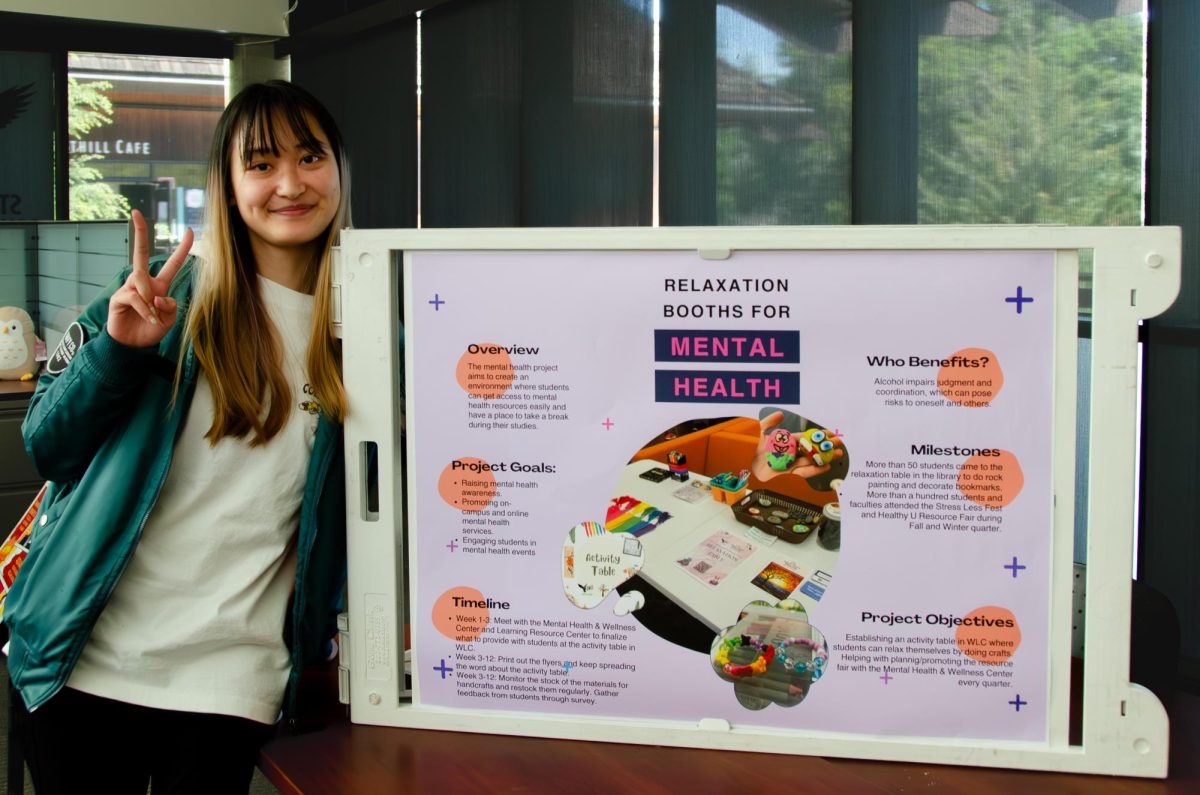

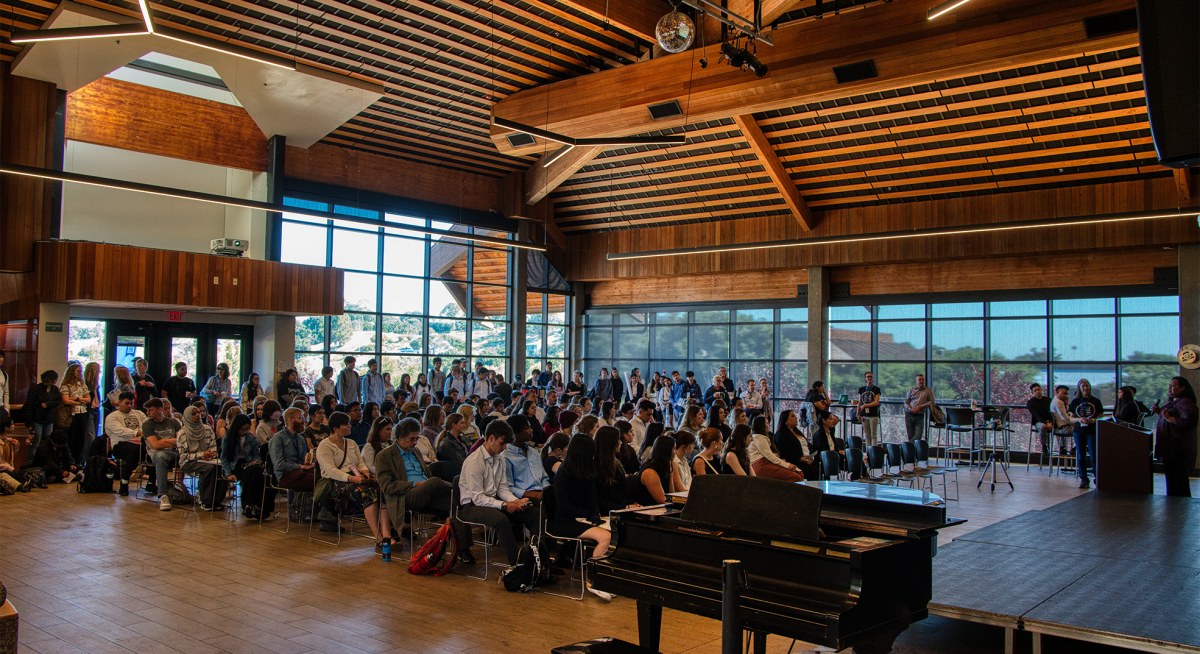









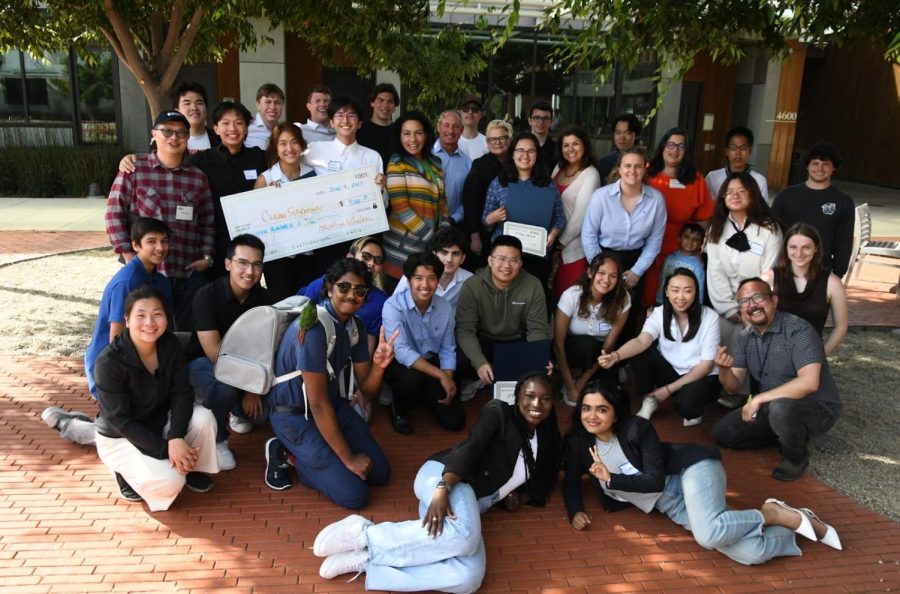








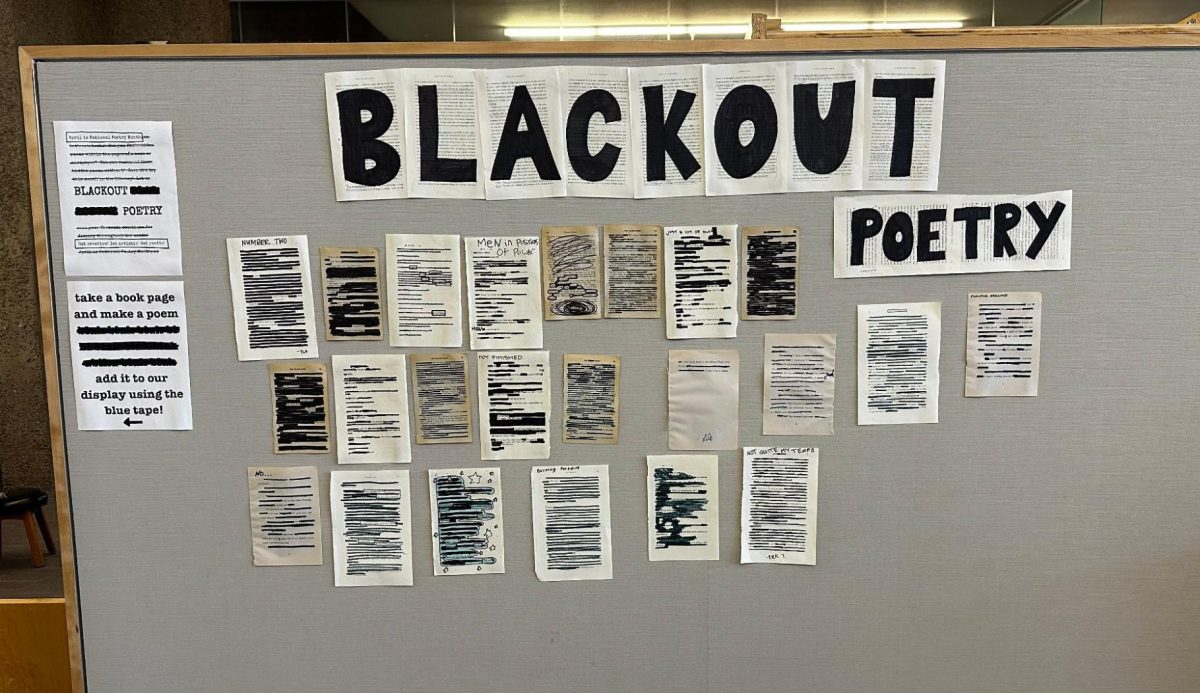


















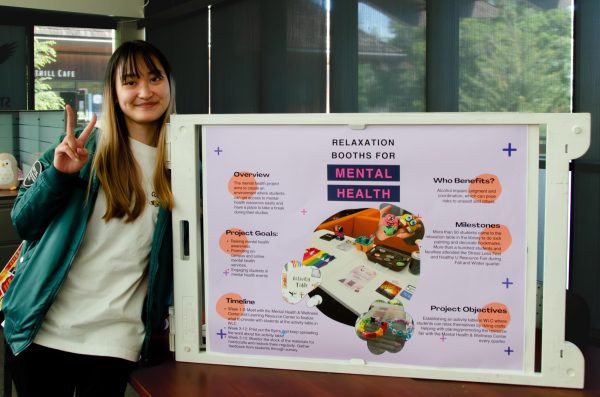






Ana Marcela Goeller
Mar 20, 2018 at 12:58 am
This was a very informative read; I was unaware that such a letter or critique of the ASFC president Nguyen existed, and I am glad that we now have a news outlet that takes itself seriously and attempts an unbiased perspective on current and important events. It’s frankly disappointing to see someone hiding behind anonymity to attack anyone, let alone our student president, as many “internet trolls” do online. Thank you, then, for honest reporting and for bringing to light issues that are relevant to the business of Foothill and, most importantly, ones that us students would otherwise be unaware of but attack the integrity of this institution and its student administration. Our campus has needed an outlet such as this for a long time, and in the six years that I have been a student here, I have been unable to appreciate such a service until now. In an age of claims of “fake news” and unreliable information, it is crucial that we have a publication to report on what goes on on our campus. I am also impressed with the student writing quality; the goal is to report as impartially as possible while contesting the invalidated claims and attacks made on Nguyen, and this was accomplished in my opinion. I’m also glad to know she has an open-door policy, as this encourages student involvement and allows the opportunity for students not as involved on campus to have their voice heard. I personally think these attacks are unwarranted and I’m impressed with the grace and professionalism in Nguyen’s response. Kudos to the writer and to Nguyen.
Daniel Jacobson
Mar 20, 2018 at 12:40 am
I’m honestly surprised that something like this happened at Foothill. I understand that tensions are high, but the administration is not a dictatorship; Thuy has said it before and continues to maintain that she is open to differences of opinion and disagreement. Therefore this just seems like an unnecessary jab at our leadership with the intent to incite doubt and dissent among Foothill faculty and staff.
Regardless, I appreciate the depth with which you investigated the claims of the letter. You’re right in that while the attacks were largely uncalled for, many of the concerns voiced alongside it are worth investigating and are shared by many. I applaud Thuy’s cool and composed response to this incident, and how she actually used it to open up further discussion in these trying times.
If possible, I think it would have been interesting to see other PaRC members’ opinions on the situation; I’m curious as to how many others felt about the letter.
zer3
Feb 23, 2018 at 10:17 am
If anything this article further reenforces the self-serving and narcissistic conceptions of Foothill administration. If Nguyen was so receptive to criticism, then why aren’t we actually talking about the issues Foothill is running into? Not only is your critique on the letter baseless (and more importantly, uncited), but you contradict yourself when you write that it’s ‘rich with inaccuracies’, yet call it valid and worthy of further discussion. If you’re going to write an article about the letter, then at least have the decency to post the original letter to let people judge for themselves instead of only publicizing your biased and uncited spin.
Anonymous
Feb 24, 2018 at 3:52 pm
This sounds like the original writer of the letter pushing back after a different point of view on President Nguyen surfaces here, the student’s voice. The editor and student writer clearly did some investigative reporting on the subject and concluded that the letter was not holding water and filled with too many ad hominem attacks on Foothill’s president, making many unwarranted claims.
Of course, Foothill finds itself in a serious budgetary situation, but where were your concerns when many staff were let go during the last budget crisis, with very little input from faculty/staff? After removing our entire outreach team, then the administration asked us why our enrollments went down? Where were you then?
I find Thuy’s leadership refreshing because she has a clear vision, understands and our social mission, and can communicate clearly and often with the college. That’s what leadership is: vision and communication.
The letter criticizing her doesn’t lay out a vision for the college, but just takes a negative approach (a bureaucratic mindset) to criticizing her leadership, relying on false and flimsy processes (such as the program creation form that doesn’t exist).
Finally, don’t attack student writers! Find a way to discuss your issues in the open. I think you’ll find we’re all willing to listen, but poisoning the well at every corner is not the way.